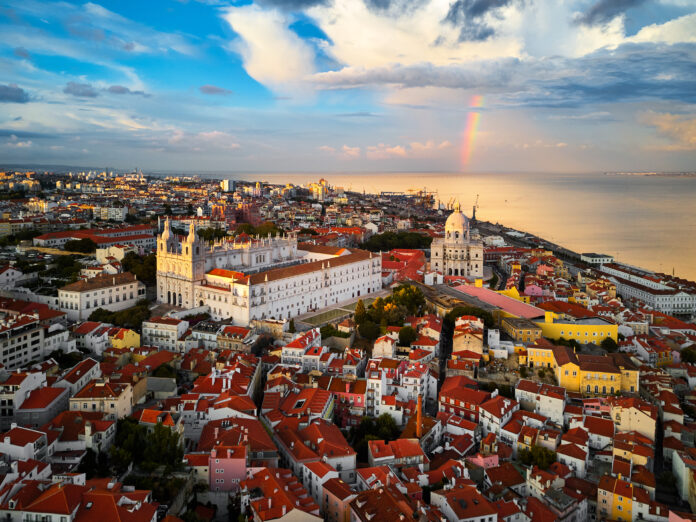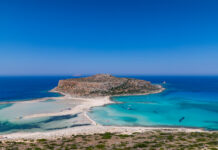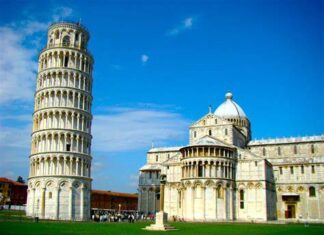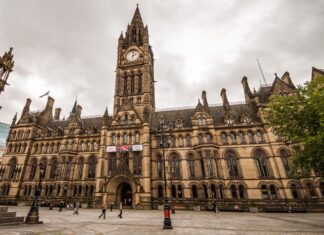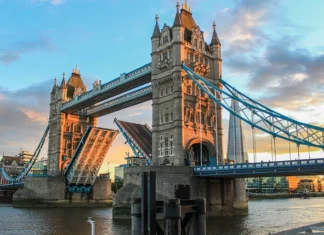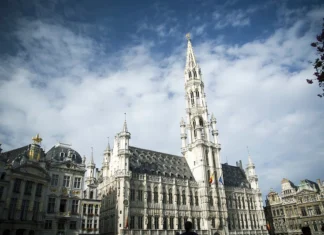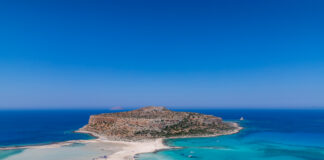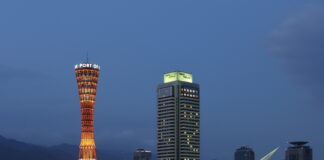Food
When in Lisbon, your culinary journey becomes as captivating as your physical exploration. Known for its rich, hearty, and diverse cuisine, Portugal's capital does not disappoint food enthusiasts.
The country's food culture is heavily influenced by its history and geography. The city's proximity to the sea makes it a paradise for seafood lovers. Bacalhau a Bras (salted cod scrambled with eggs and potatoes) is one of the most typical dishes in Lisbon. Try Caldo Verde, a green soup made from kale, potatoes, and spiced sausage.
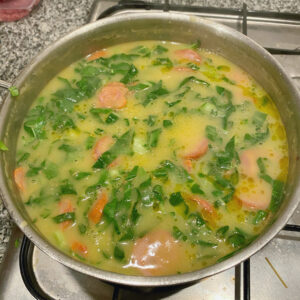
Your food journey in Lisbon would only be complete with indulging in the city's sweet treats. Pastéis de Belém, also known as Portuguese custard tarts, are world-renowned and must-try delicacies. You can visit the Fábrica dos Pastéis de Belém, where these pastries have been made since 1837.
Culture
Lisbon is the epitome of Portuguese charm, immersed in a rich tapestry of history and culture. The culture of Lisbon is characterized by its history as a global maritime power, the blend of various cultures encountered through centuries of exploration and conquest, and a deep Catholic heritage.
Music plays a crucial role in Lisbon's cultural scene, especially Fado, a traditional Portuguese music genre that's a sad tune about the more complex realities of everyday life, a form of music often associated with pubs and cafés.
Lisbon's architectural landscape offers a journey through the ages, from Moorish ruins to modernistic art buildings. The city is dotted with azulejos, traditional hand-painted tiles that adorn many of the city's buildings inside and out. These intricate, beautiful tiles are synonymous with Portuguese culture.
Travel Tips
- Public Transport: Lisbon's public transport system is reliable and efficient. The metro is usually the quickest way to travel longer distances. Tram 28 is a must for anyone wanting a cheap sightseeing tour of the city.
- Language: While English is widely understood in hotels, restaurants, and main tourist areas, learning a few Portuguese phrases could enhance your experience.
- Safety: Lisbon is a relatively safe city. As with any major city, be mindful of your belongings, particularly in crowded places.
- Best Time to Visit: The ideal periods to explore Lisbon are during the spring, from March to June, and the fall, from September to October, when the weather is agreeable and the city is less crowded.
- Tipping: It's customary to leave a 10% tip in restaurants if you are happy with the service.
Interesting Facts
- Lisbon is older than Rome - by four centuries! It holds the distinction of being among the most ancient cities in Western Europe.
- Lisbon was almost destroyed on All Saints Day in 1755 by one of the most powerful earthquakes in European history. The city had to be almost entirely rebuilt.
- Lisbon is home to the world's smallest bookstore, Livraria do Simão, which can only fit three people inside.

Top Places
Lisbon is a city that beautifully blends the old with the new. While exploring, make sure to visit:
- Belém Tower: A fortification built in the 16th century, acting as both a departure and arrival point for explorers from Portugal. It's a UNESCO World Heritage Site.
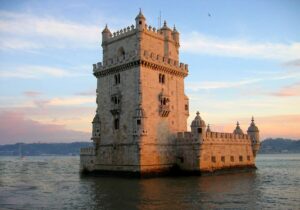
- Jerónimos Monastery: A stunning example of Manueline architecture, another UNESCO site in the Belém district.
- Alfama District: The oldest district in Lisbon, filled with narrow, winding streets, offering a peek into local life.
- Tram 28: This iconic yellow tram provides a perfect sightseeing tour of the city.
- LX Factory: A creative complex with unique boutiques, food stalls, and street art.
- Sintra: Just a day trip from Lisbon, Sintra offers a fairy-tale landscape of palaces, castles, and gardens.
Lisbon is a city that seduces its visitors. With its warm weather, friendly locals, beautiful landscapes, rich history and culture, and delicious food, you'll fall in love with everything this beautiful city offers.

